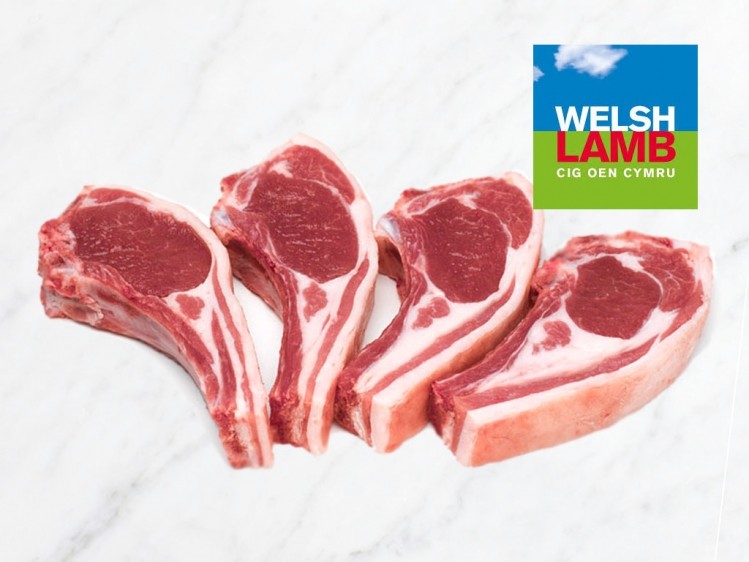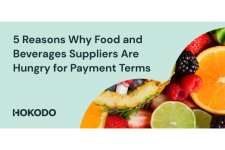Beware mandatory country labelling for processed meat and dairy

Earlier this week, a coalition of farming organisations wrote to environment secretary Andrea Leadsom urging the government to introduce the measure.
Mandatory country of origin labelling “would give shoppers more choice and confidence when buying British food and increase transparency in the supply chain”, claimed the joint letter from the National Farmers Union (NFU), NFU Cymru, NFU Scotland and the National Pig Association.
But the FDF, while acknowledging the benefits of voluntary labelling, warned mandatory labelling carried four key drawbacks.
“FDF supports voluntary origin labelling and is concerned that any mandatory extension of the legislation to require origin labelling could: restrict supply chains; be burdensome to achieve; increase costs; and not add to the quality or safety of a food,” a spokesman told FoodManufacture.co.uk.
‘Consumers and manufacturers’
Country of origin labelling was an important debate, to which the federation wanted to contribute for “the benefit of both consumers and manufacturers”, he added.
“FDF does, however, welcome these organisations’ calls to maintain protected name status for some of our well known and much loved British products,” said the spokesman.
The FDF said it had worked closely with the Department for Environment, Food and Rural Affairs, the British Retail Consortium, British Services Association and British Hospitality Association, to develop voluntary principles on country of origin labelling. Those principles built on current legislation while providing clearer information for consumers.
Existing EU labelling rules ensure misleading statements on origin cannot be made, said the FDF. “Manufacturers can, and often do, voluntarily provide information on the origin of products, where it is feasible to do so and where there is consumer demand.”
The French government
Meanwhile, the French government was implementing a two-year trial of country of origin labelling for meat and milk in processed products, noted the farming organisations. Other European governments had also outlined plans to implement country of origin labelling for processed foods, it was claimed.
The farming organisations concluded: “We believe that the UK government should move now to introduce origin labelling for meat and milk in processed products which would provide greater transparency.
“With the Brexit negotiations on the horizon, this could be the start of strong national legislation to ensure we have clear country of origin labelling in the future.”
Four problems of mandatory meat and milk origin labelling
- Restrict supply chains
- Burdensome to achieve
- Increase costs
- Fail to add to food quality or safety




















